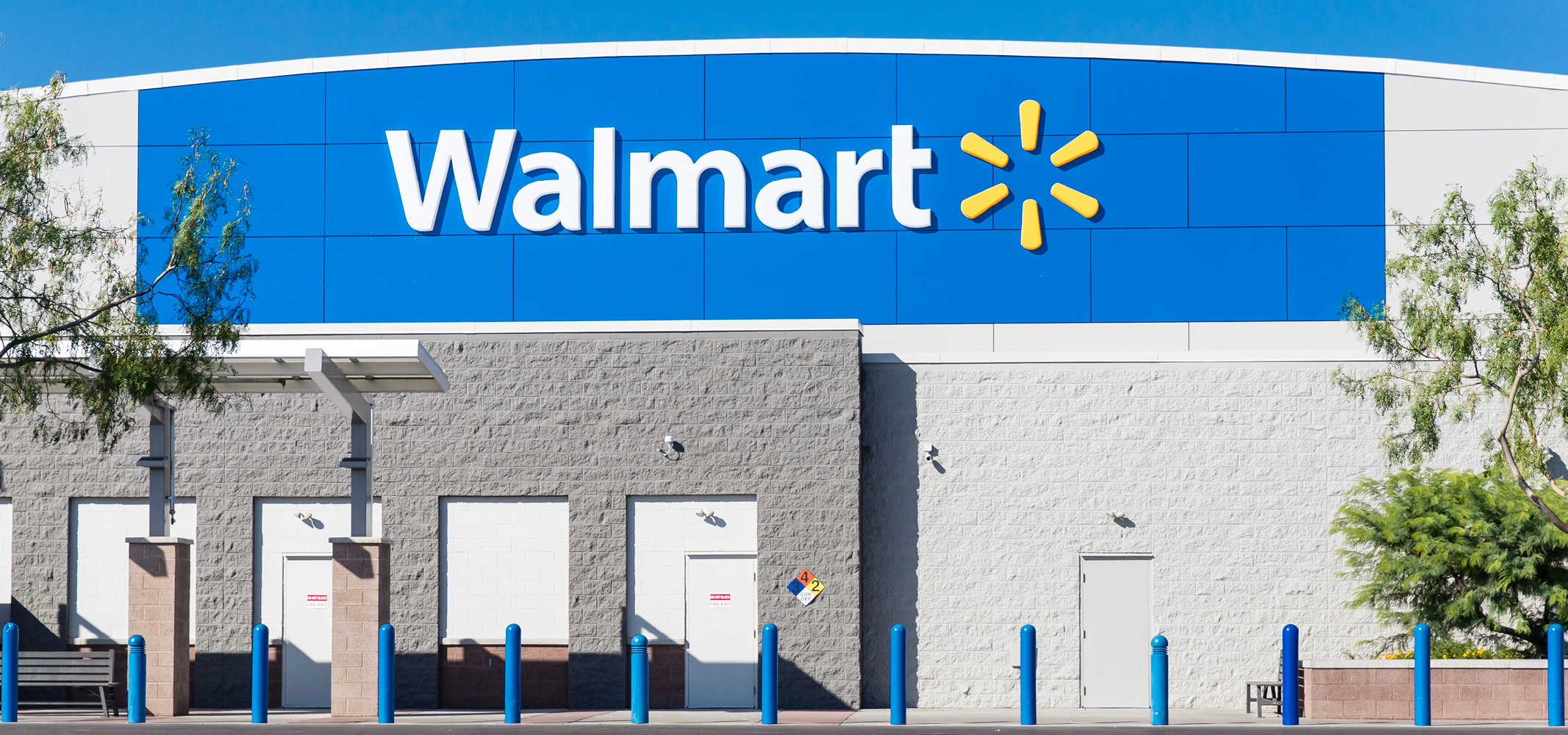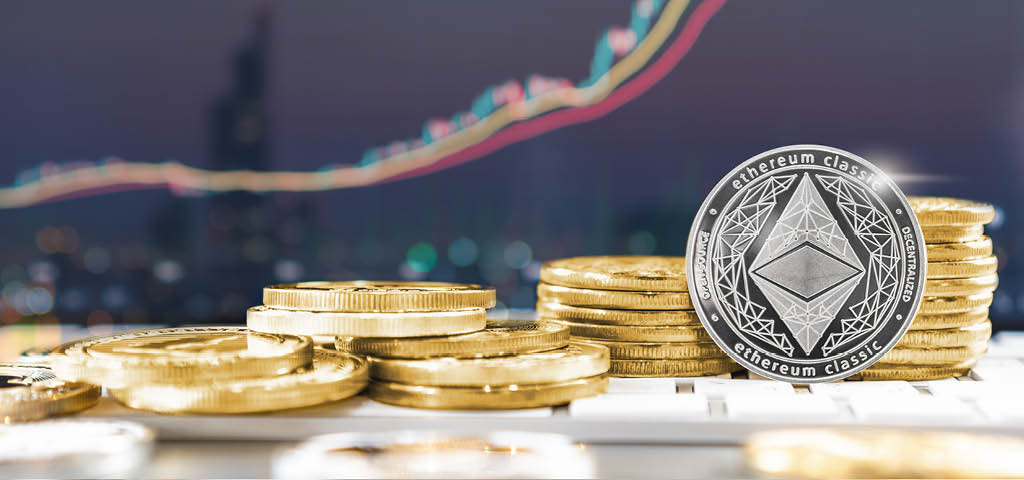The relevance of sustainability increases with every additional day. This topic does not seem to be less important for e-commerce either. The YouGov survey showed that consumers do indeed attach importance to green corporate governance. The list of studies and analyses can be continued as long as desired for this purpose, but all outputs are connected with an if or but. One consideration would be to prepare the consumer as well as possible for the product.
Surprises should be avoided, because surprises are followed by returns – a burden on the environment. 360° views or detailed product descriptions are the key here. In addition, social responsibility is an asset for e-commerce. Where and how was production carried out? Are the products from social production companies? Especially in the fashion sector, terms such as upcycling and ethical fashion are increasingly coming to the fore. The sustainability of the packaging in which the orders are delivered and the logistics of the packages are also players in an e-commerce company. As it turns out, the topic of the end customer has another high priority. This raises the question, do I really have to offer my customer an “express” delivery? Do manageable orders preferably need size-appropriate cardboard boxes? An agreement with the corresponding mail order company could mean a low CO2 supply for both sides.
Ultimately, strategic know-how is the key to a successful sustainability concept. After all, corporate social responsibility and social commitment have a major influence on the image and public image. However, so-called greenwashing or gimmickry should be avoided, because customers must be made aware that no profit-based benefit is created by sustainability. Customers want to recognise that sustainability is pursued because of sustainability. E-commerce in the future is therefore lean, clean and green.










Leave A Comment
You must be logged in to post a comment.